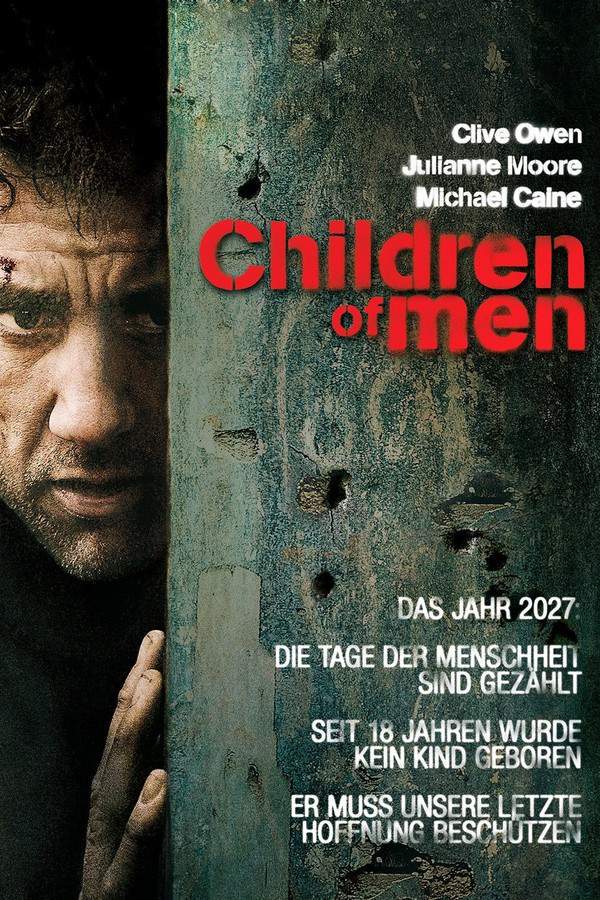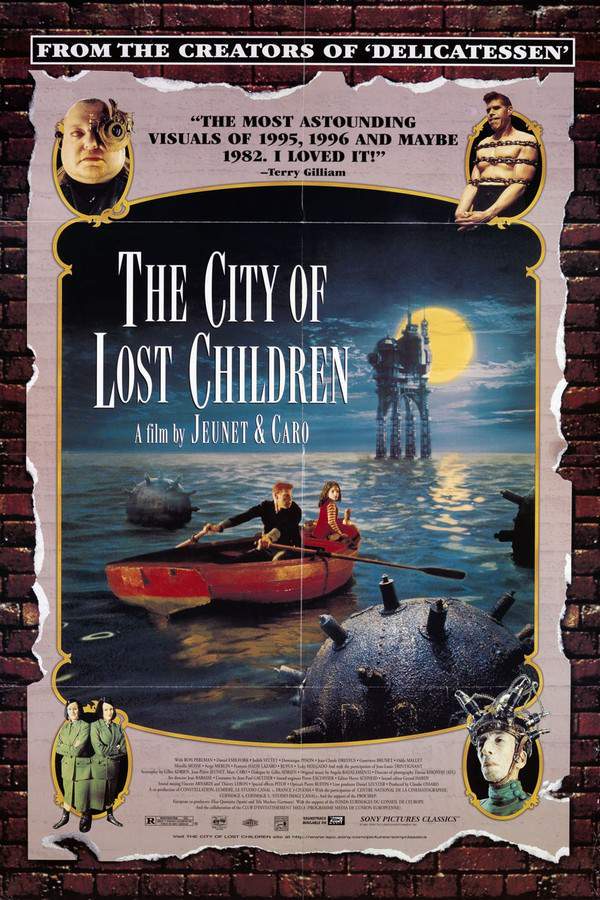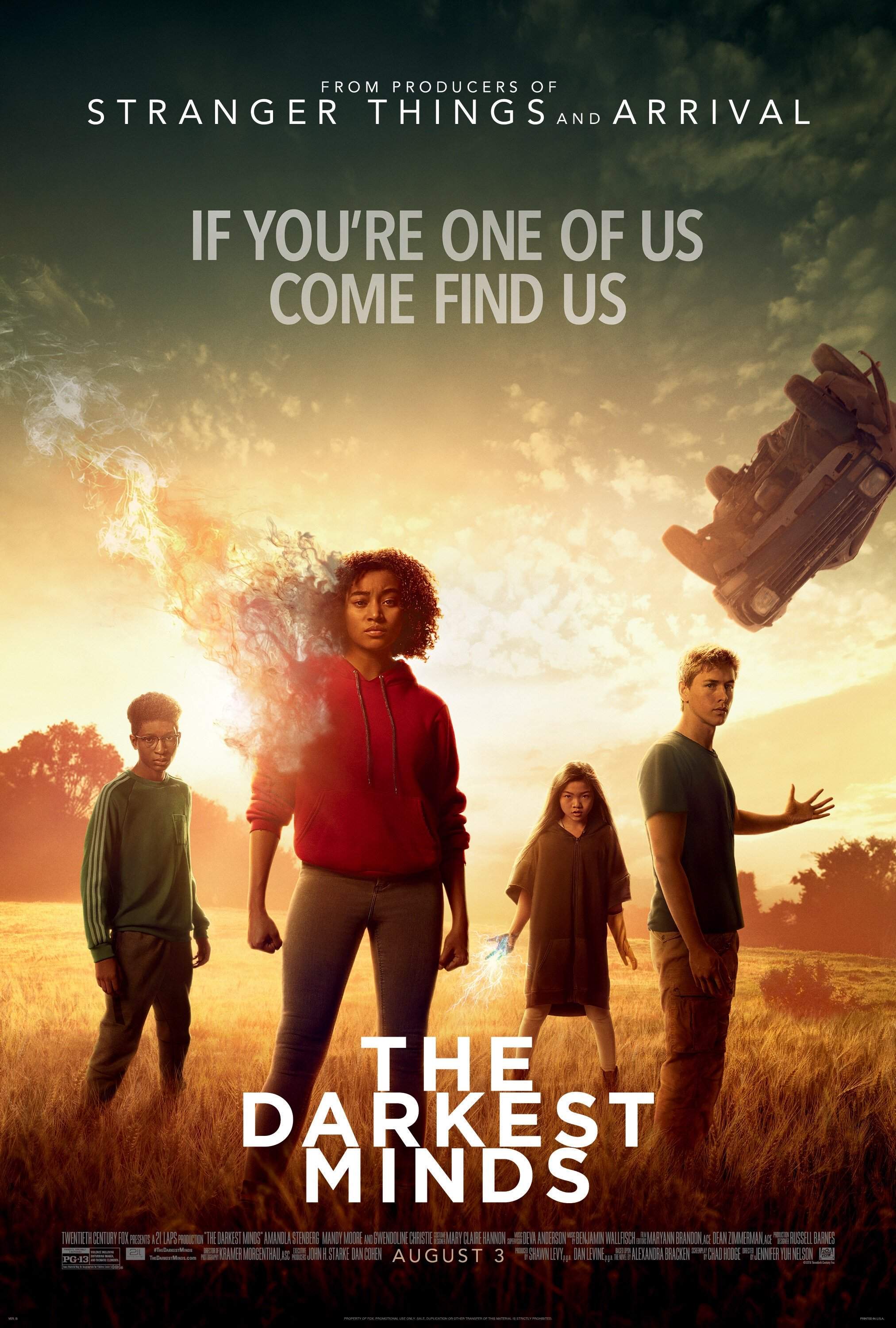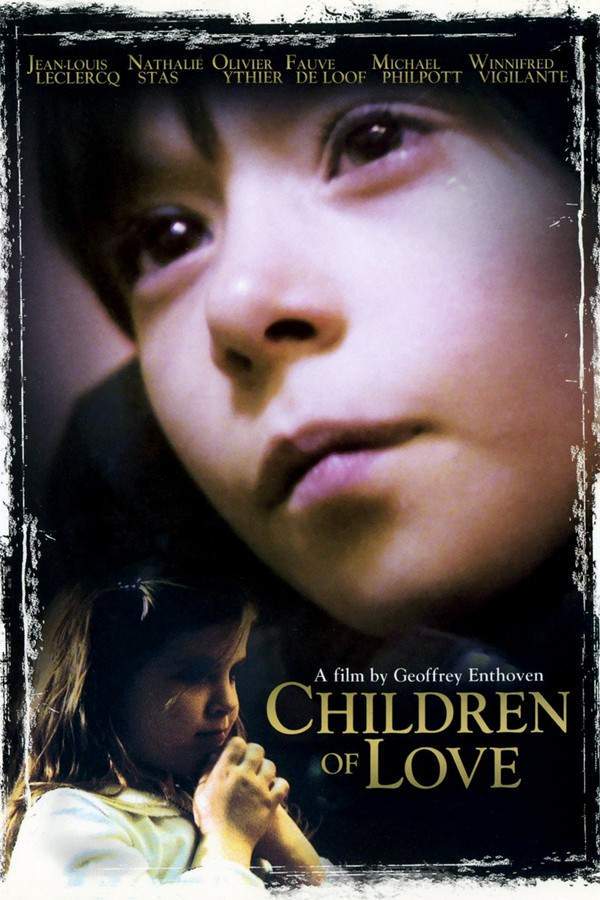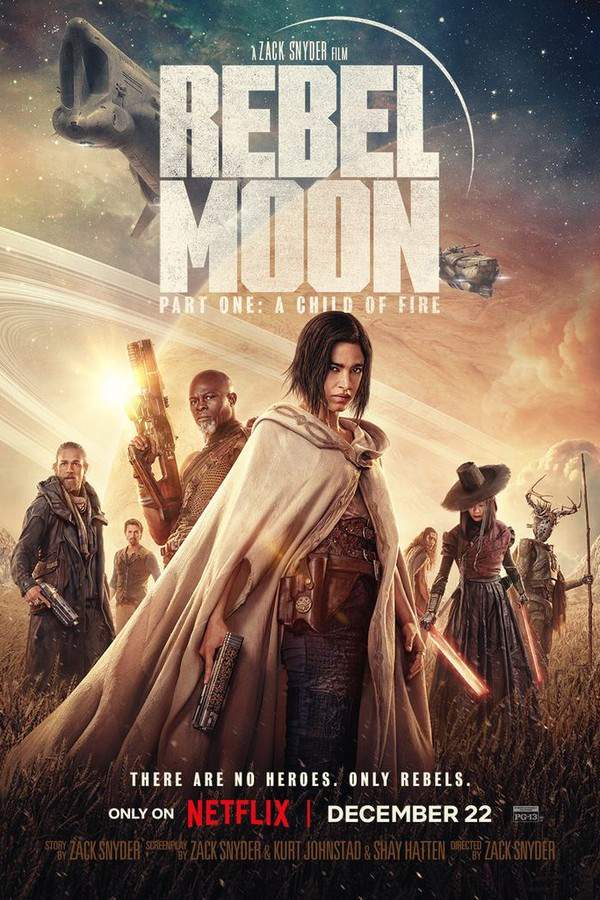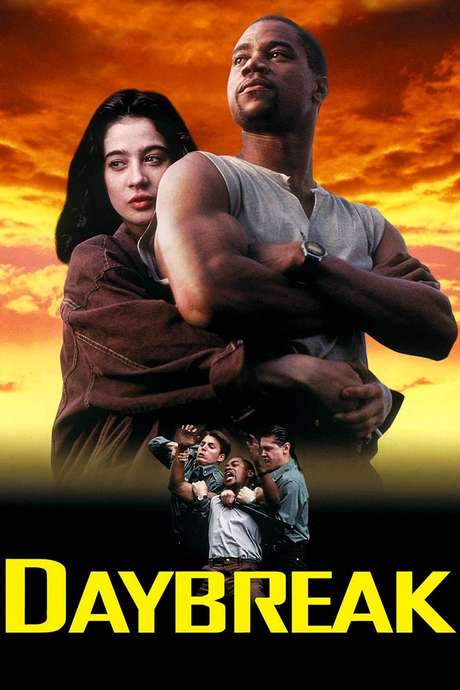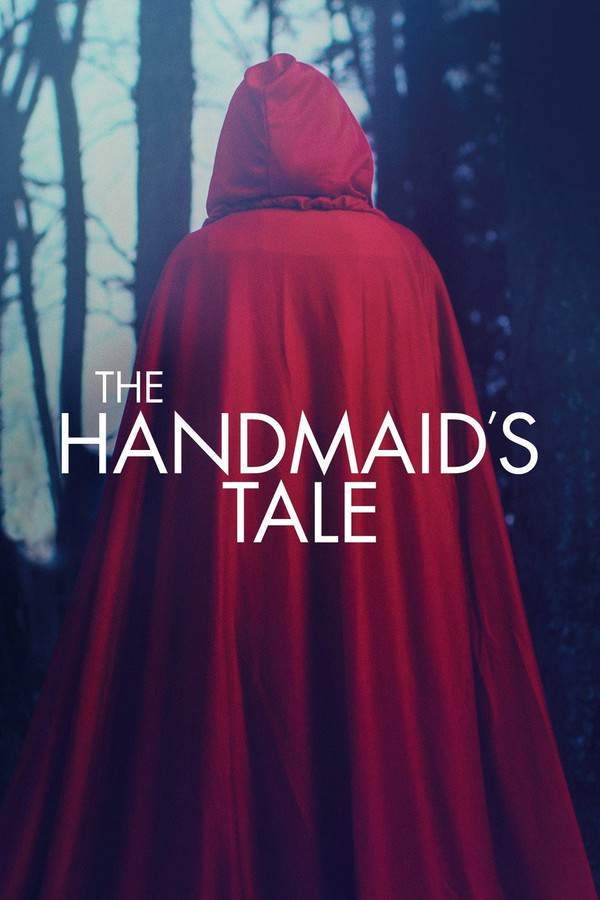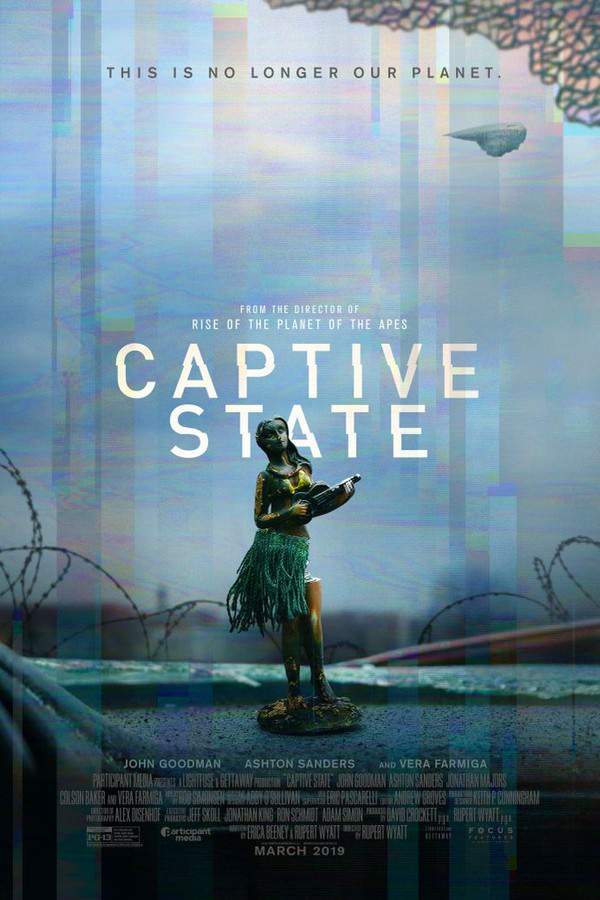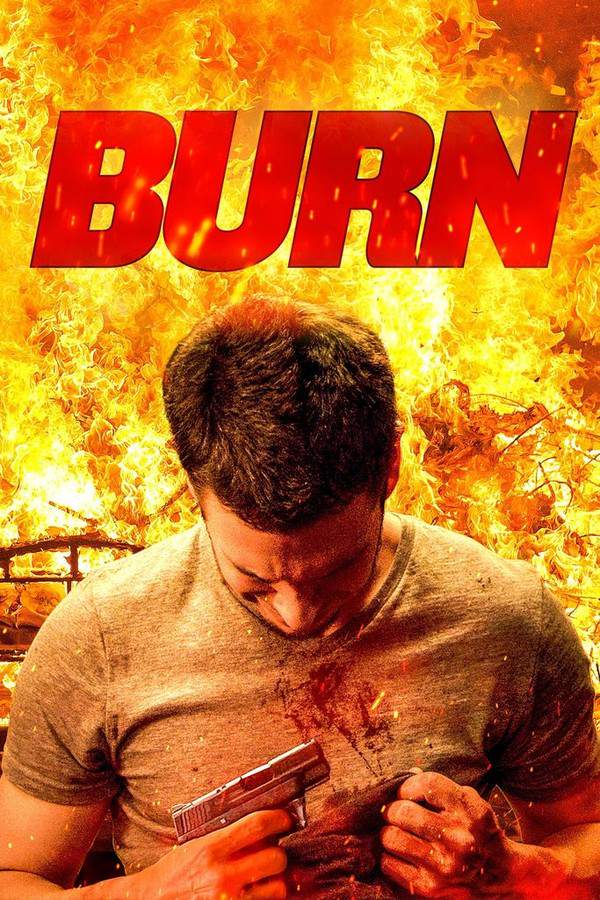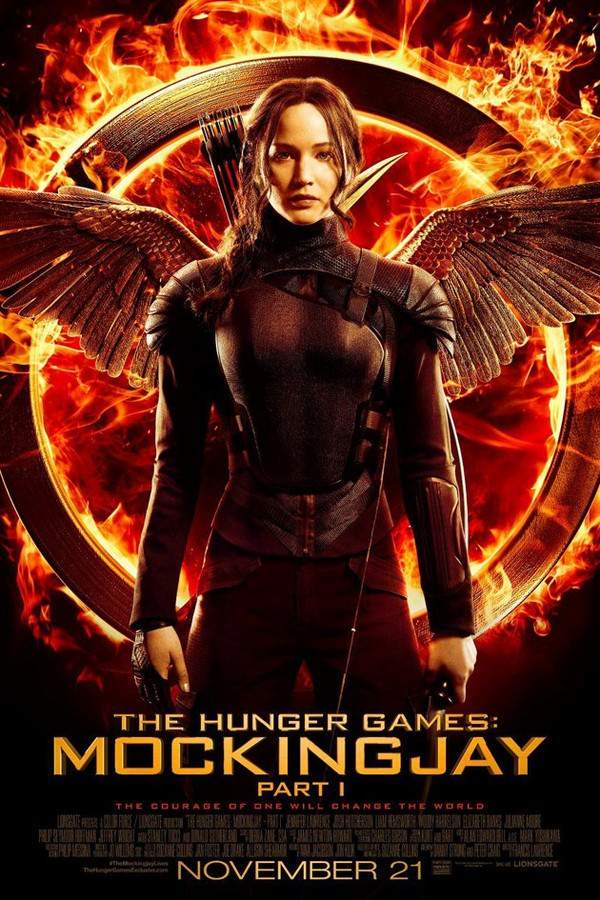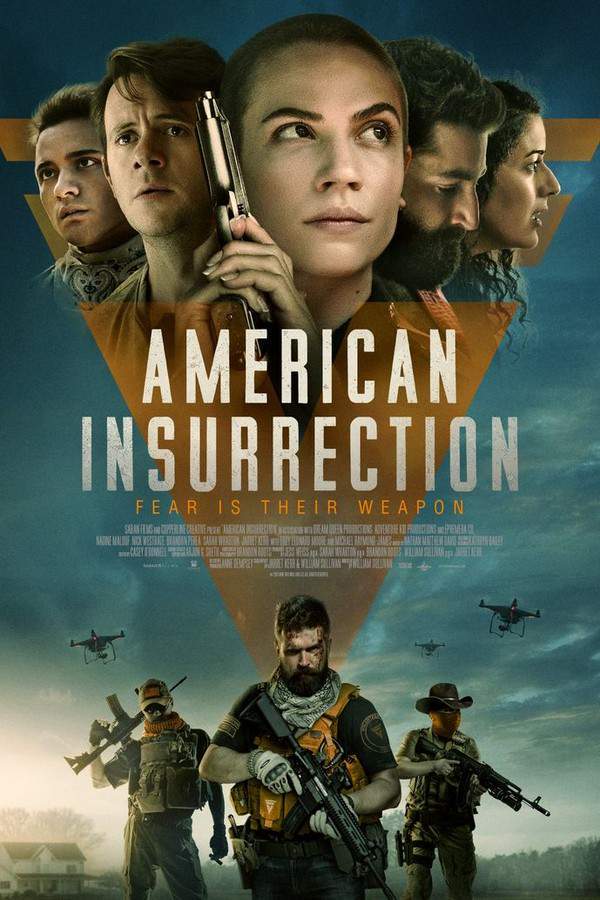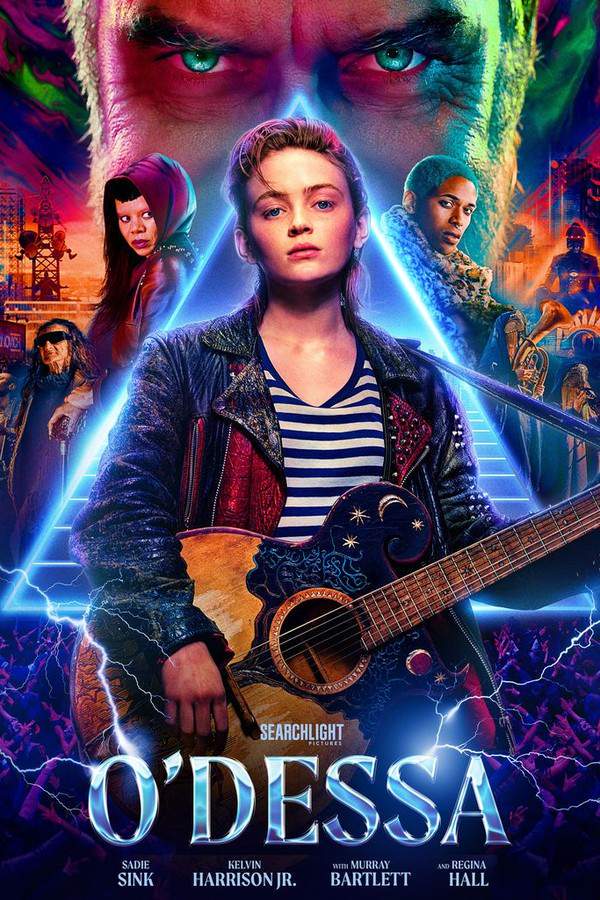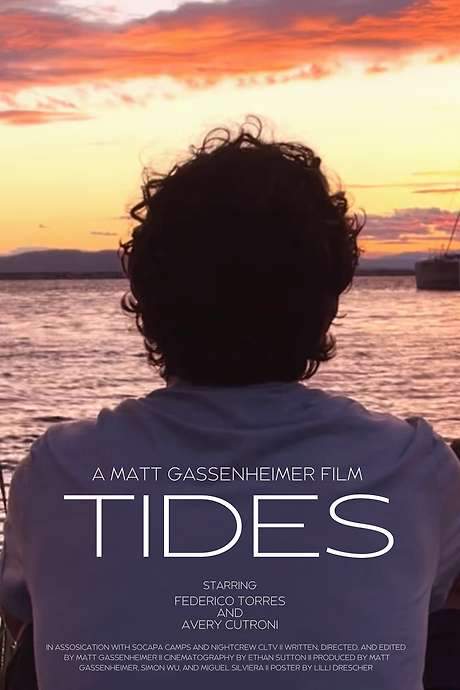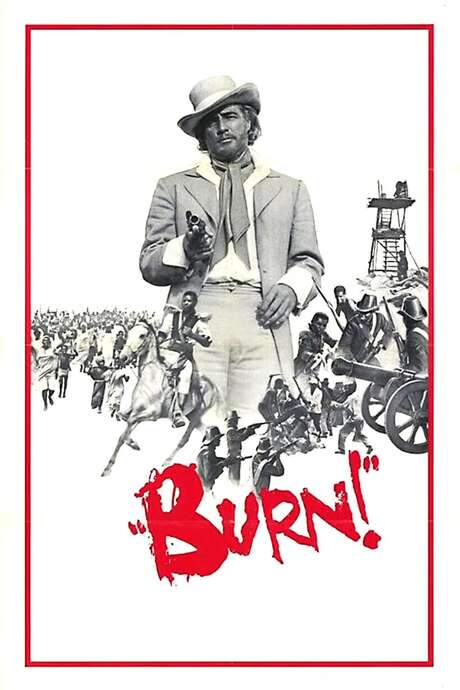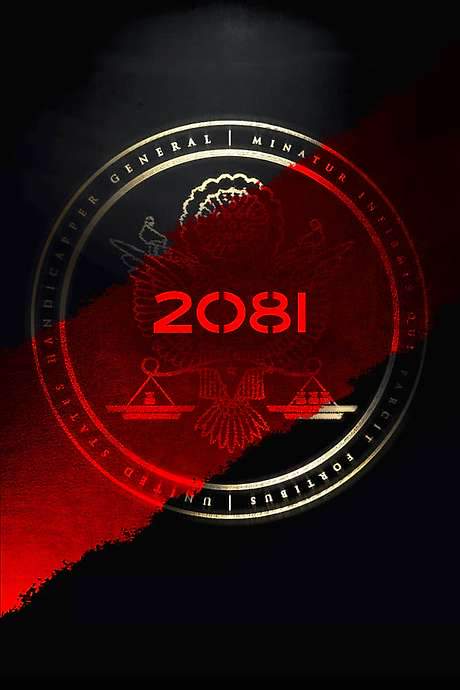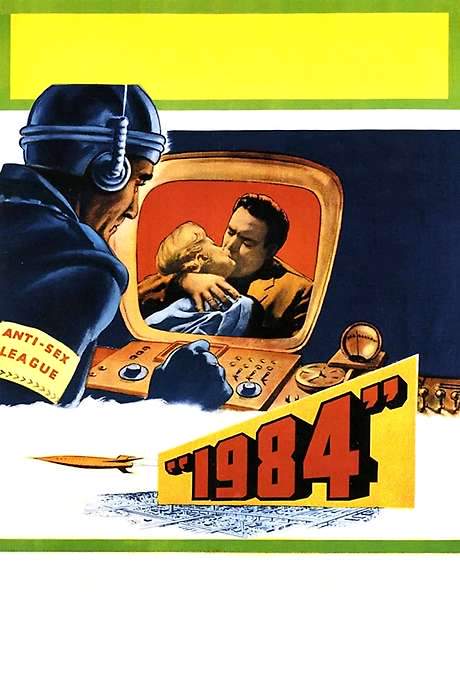
The White King
Year: 2016
Runtime: 89 mins
Language: English
Directors: Alex Helfrecht, Jörg Tittel
In a harsh, isolated dictatorship, twelve-year-old Djata enjoys a carefree life until his father, Peter, is imprisoned by the government. Branded as traitors, Djata and his mother, Hannah, face immense hardship. Determined to reunite with his father, the boy embarks on a journey fueled by resilience and a refusal to surrender to despair, confronting the challenges of a repressive regime.
The White King (2016) – Spoiler-Free Movie Summary & Plot Overview
Get a spoiler-free look at The White King (2016) with a clear plot overview that covers the setting, main characters, and story premise—without revealing key twists or the ending. Perfect for deciding if this film is your next watch.
In a remote corner of a bleak, isolated regime, the world feels tightly wound and suffocating, a place where whispers of dissent are quickly silenced and everyday life is marked by an ever‑present, unseen hand of control. The landscape is stark, the streets austere, and the atmosphere hangs heavy with the weight of surveillance and fear, creating a mood that is both oppressive and deeply human in its quiet yearning for freedom.
At the heart of this world is a twelve‑year‑old boy named Djata whose days are spent in the simple, carefree moments of childhood—playing, learning, and sharing quiet moments with his family. His father, Peter, is a figure of quiet strength, offering his son a glimpse of a world beyond the regime’s borders through stories and gentle guidance. When the state abruptly arrests Peter, the family is suddenly marked as traitors, and the fragile safety they once knew shatters in an instant.
_Hannah_, Djata’s mother, becomes both protector and anchor, navigating a society that now views her family with suspicion. Their bond is forged in the harshest of circumstances, each act of love a quiet rebellion against the looming darkness. The loss of his father ignites a stubborn spark within Djata; rather than surrender to despair, he feels an urgent pull toward a journey that promises both danger and hope.
The film’s tone balances stark realism with a lingering thread of resilience, inviting the audience to feel the tension between an unyielding authoritarian world and the indomitable spirit of a child determined to reclaim what was taken. As Djata looks toward an uncertain horizon, the story promises a path fraught with challenges, yet illuminated by the unwavering resolve of a young heart refusing to be broken.
Last Updated: October 05, 2025 at 16:54
Explore Movie Threads
Discover curated groups of movies connected by mood, themes, and story style. Browse collections built around emotion, atmosphere, and narrative focus to easily find films that match what you feel like watching right now.
Movies about childhood innocence under dictatorship like The White King
Young protagonists navigate the harsh realities of a repressive political regime.Discover movies like The White King, where a child's perspective illuminates the grim reality of a dystopian regime. If you enjoyed the story of Djata's resilience, you'll find similar emotional journeys in these stories of young characters facing political oppression and losing their innocence.
Narrative Summary
The narrative pattern follows a child or young adult whose sheltered world is shattered by the intrusion of a tyrannical political system. Their journey is one of disillusionment, as they are forced to grow up quickly, often taking on adult responsibilities or risks in a desperate attempt to survive or protect their family, all while grappling with a world that has betrayed their trust.
Why These Movies?
Movies are grouped here by their central focus on a child's-eye view of dystopia. They share a heavy emotional weight, a dark tone punctuated by moments of youthful defiance, and a thematic exploration of how political oppression fundamentally alters and steals childhood.
Dystopian dramas with a steady pace like The White King
Stories of quiet, persistent defiance against overwhelming state power.If you liked the methodical, character-driven tension of The White King, explore these similar dystopian dramas. These films feature a steady pacing, high emotional stakes, and a focus on the psychological toll of resisting a repressive regime, rather than fast-paced action.
Narrative Summary
The narrative unfolds not with rapid plot twists, but through a series of escalating hardships and moral challenges faced by ordinary people. The conflict is often psychological, pitting individual resilience against the slow, crushing weight of institutional control. The story builds tension through atmosphere and character endurance, leading to endings that are often ambiguous or bittersweet, reflecting the ongoing nature of the struggle.
Why These Movies?
These films are connected by their specific blend of a dystopian setting, a steady and deliberate narrative pace, and a high-intensity emotional focus on survival and quiet resistance. They prioritize psychological realism over spectacle, creating a consistently anxious and heavy viewing experience.
Unlock the Full Story of The White King
Don't stop at just watching — explore The White King in full detail. From the complete plot summary and scene-by-scene timeline to character breakdowns, thematic analysis, and a deep dive into the ending — every page helps you truly understand what The White King is all about. Plus, discover what's next after the movie.
The White King Summary
Read a complete plot summary of The White King, including all key story points, character arcs, and turning points. This in-depth recap is ideal for understanding the narrative structure or reviewing what happened in the movie.

The White King Timeline
Track the full timeline of The White King with every major event arranged chronologically. Perfect for decoding non-linear storytelling, flashbacks, or parallel narratives with a clear scene-by-scene breakdown.

Characters, Settings & Themes in The White King
Discover the characters, locations, and core themes that shape The White King. Get insights into symbolic elements, setting significance, and deeper narrative meaning — ideal for thematic analysis and movie breakdowns.

More About The White King
Visit What's After the Movie to explore more about The White King: box office results, cast and crew info, production details, post-credit scenes, and external links — all in one place for movie fans and researchers.


